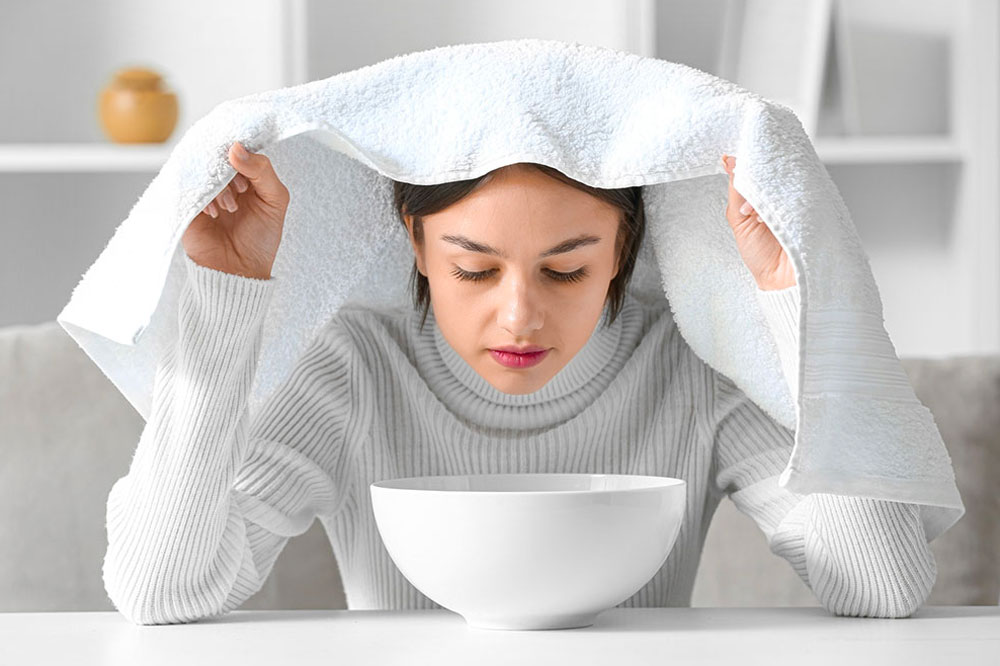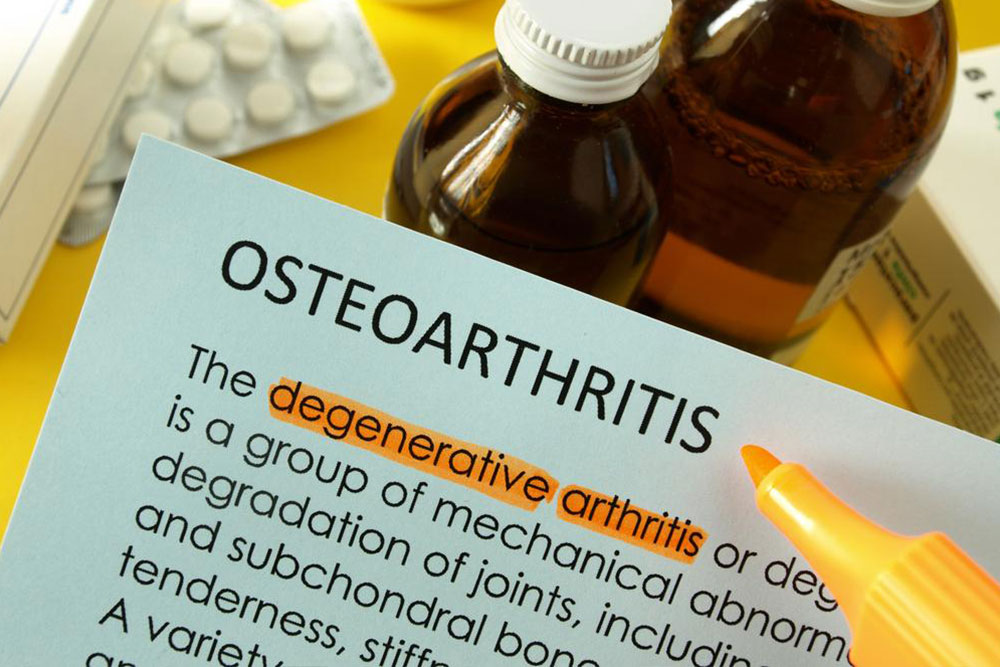Top 8 Natural Solutions for Managing Restless Legs
Discover 8 natural and effective strategies to manage Restless Legs Syndrome, including lifestyle modifications, dietary changes, and relaxation techniques. These remedies focus on addressing the neurological roots of RLS, helping to reduce discomfort and improve sleep quality safely and naturally.

Top 8 Natural Solutions for Managing Restless Legs
Restless Leg Syndrome (RLS), also known as Willis-Ekbom disease, is a widespread neurological condition that affects many individuals, especially in the United States. Characterized by an irresistible urge to move the legs, it often worsens during periods of rest or sleep, particularly in the evening or at night. The discomfort can severely impact sleep quality and daily life. Since RLS originates from brain activity, addressing it requires internal treatment approaches rather than temporary fixes.
Effective management of RLS involves strategies that restore neurological balance. Here are some proven remedies:
Increase Iron Levels – Many individuals with low iron levels experience heightened RLS symptoms. Consuming iron-rich foods like spinach, lean meats, and legumes can be beneficial. Iron supplements are available but should be taken under medical supervision, as initial digestion may cause mild side effects such as gastrointestinal discomfort. Restoring iron balance often alleviates symptoms.
Adopt a Healthy Lifestyle – Modifying daily habits can significantly reduce RLS severity. Maintaining a nutritious diet, avoiding processed foods, and prioritizing quality sleep helps manage symptoms. Reducing stress and establishing a consistent sleep schedule are equally important.
Engage in Regular Exercise – Daily physical activity, like walking or yoga, strengthens muscles and joints, reducing discomfort. Exercise routines of 15-30 minutes promote overall neurological health and can lessen RLS symptoms.
Eliminate Stimulants and Toxins – Avoid alcohol, smoking, and caffeine, as these can aggravate RLS. Abstaining from these substances helps minimize symptoms and improves sleep quality.
Monitor and Adjust Medications – Some drugs may trigger RLS as a side effect. Consult your healthcare provider to review your medications; adjustments might reduce symptoms.
Practice Leg Massages – Gentle massage can relax muscles and ease discomfort. Professional massages are more effective at providing relief and promoting circulation.
Apply Hot or Cold Therapy – Using hot packs, cold packs, or taking warm baths can soothe affected limbs and provide temporary relief from RLS symptoms.
Stay Active and Distracted – Engaging in hobbies, reading, or light activities distracts the brain from discomfort, offering temporary relief. Staying mentally occupied is a helpful complementary strategy.
If symptoms persist despite these remedies, consulting a healthcare professional is advisable. Since RLS diagnosis involves assessing physical and neurological signs without specific tests, understanding whether it's medication-induced, linked to pregnancy, or due to nutritional deficiencies is important. Treatment plans should be personalized for best outcomes.
Note: Our content provides general health insights. Always seek medical advice for persistent symptoms or before starting new treatments. The information is for educational purposes and may not cover all individual circumstances.










